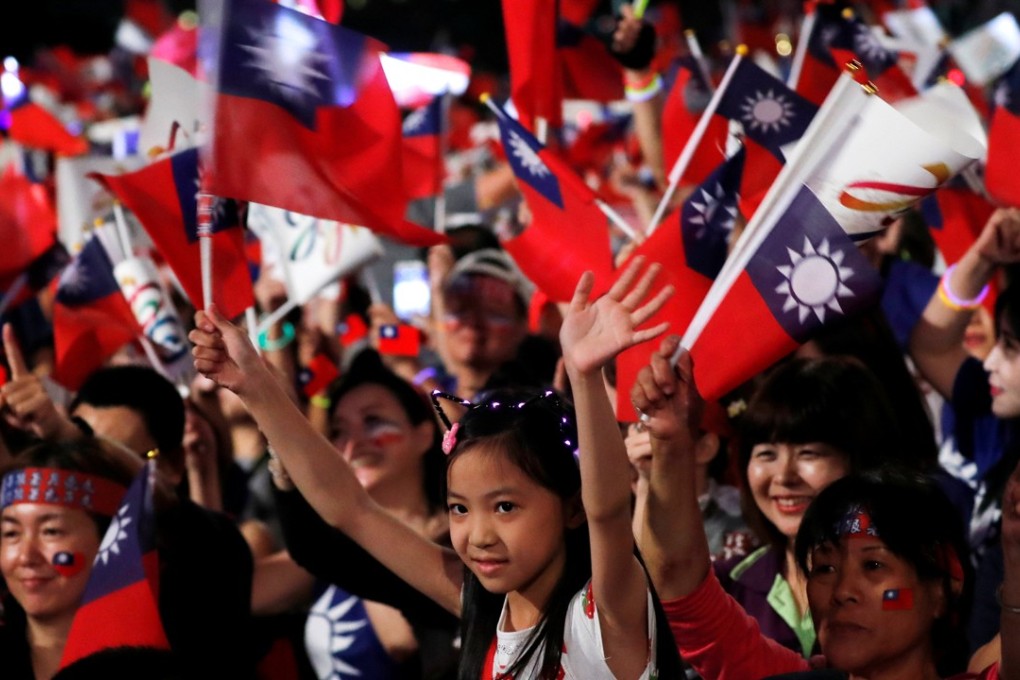Opinion | Taiwan election results are a message to the DPP that mixing politics and business as usual won’t work
- Ross Darrell Feingold says the DPP’s loss of municipal seats highlights public disapproval of political factions’ continuing influence in state-controlled firms
- This was particularly evident in ousted farm produce marketing cooperative chief Han Kuo-yu’s surprise win in the Kaohsiung mayoral election

Post-election analysis has been quick to blame Taiwan’s sluggish gross domestic product growth, mainland election interference, or Kuomintang candidates who outperformed expectations. While all these may be factors, the underlying reasons for popular discontent with the DPP are more nuanced.
As elsewhere in Asia, Taiwan’s government retains a significant ownership role in the economy. State-owned enterprises operate in sectors such as electricity and water utilities, oil imports and fuel distribution, and financial services.
In sectors such as transport and financial services, state-controlled companies, those in which the central government has less than a 50 per cent stake but in reality controls the appointment of directors and management, further expand the government’s economic influence. These companies have hundreds of thousands of employees and tens of billions of US dollars in annual revenues. Taiwan’s cities and counties similarly control for-profit businesses.
After the DPP won local elections in 2014 and took control of the government in 2016, management positions and directorships changed hands, as is usually the case when political party control changes. The DPP is historically known for the influence its factions have on career development, candidate selection and appointments to government positions, including those at state-owned or state-controlled enterprises.
